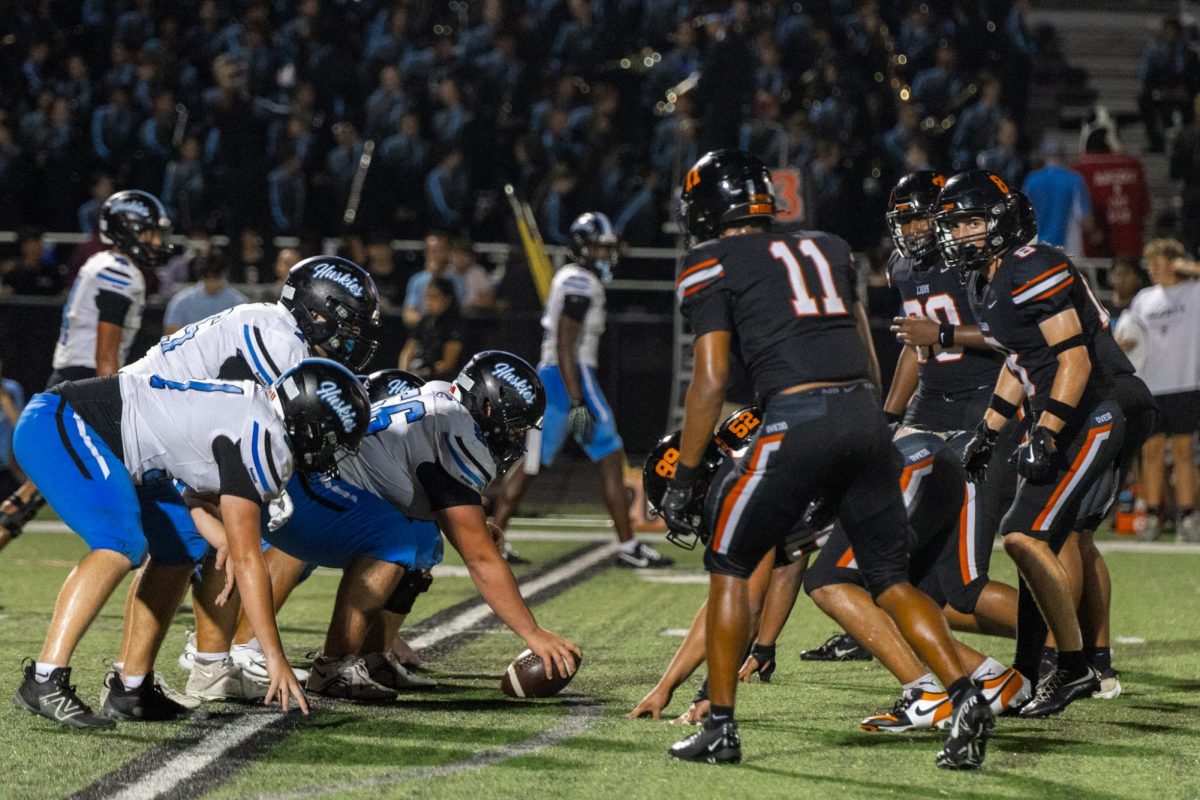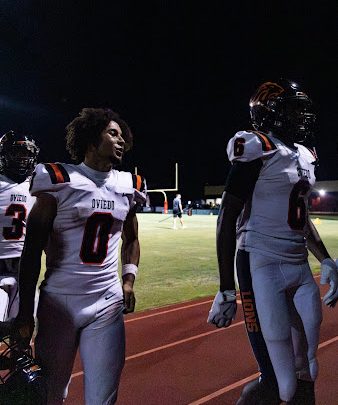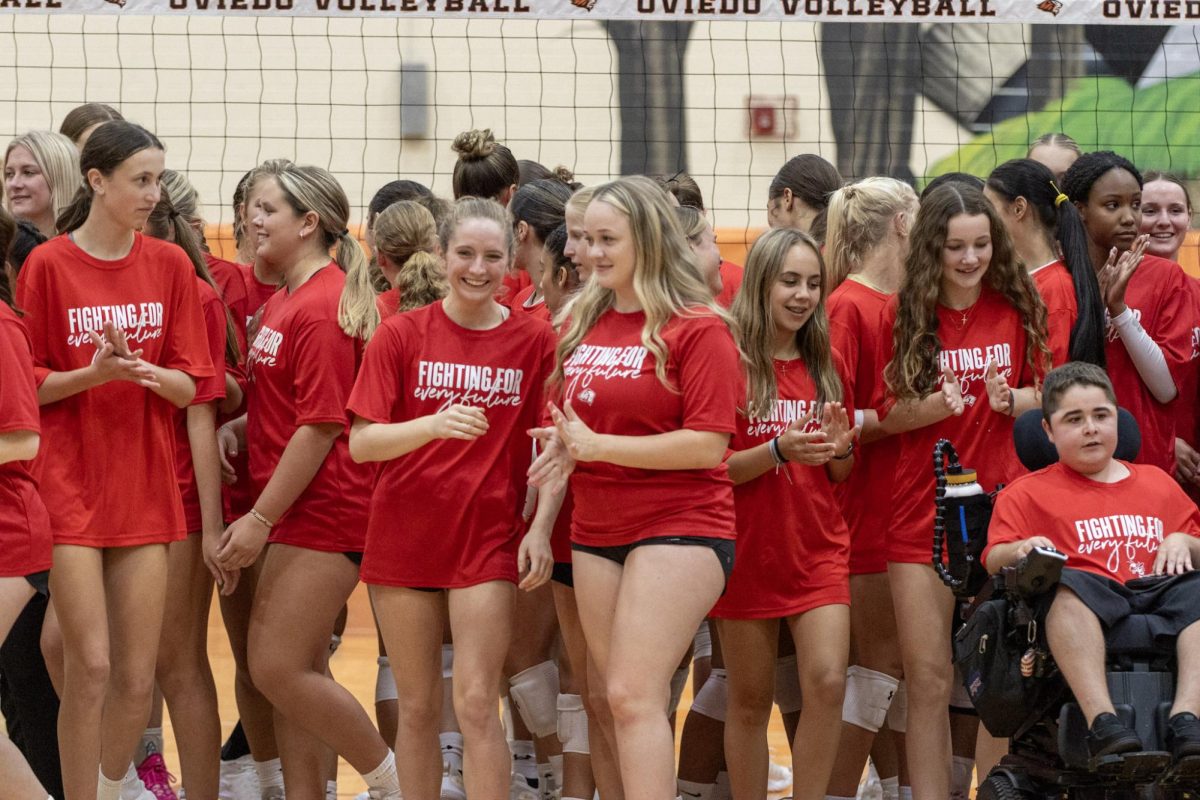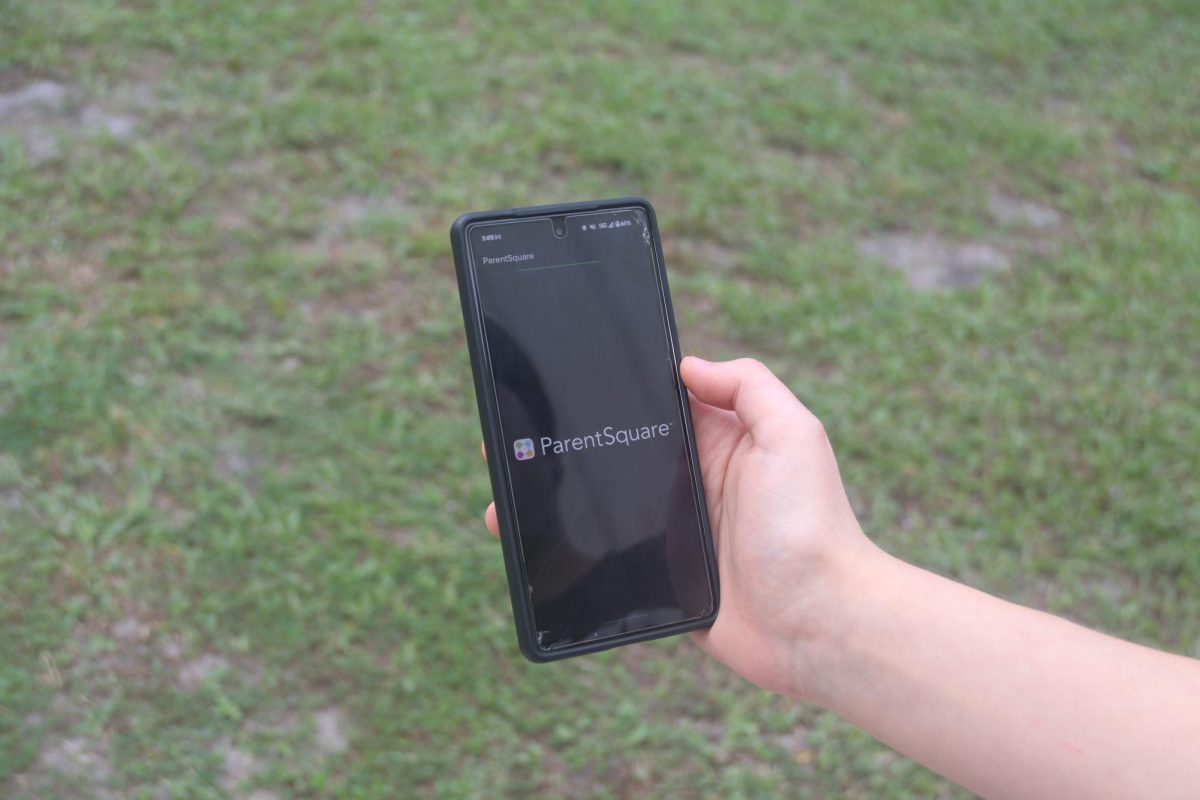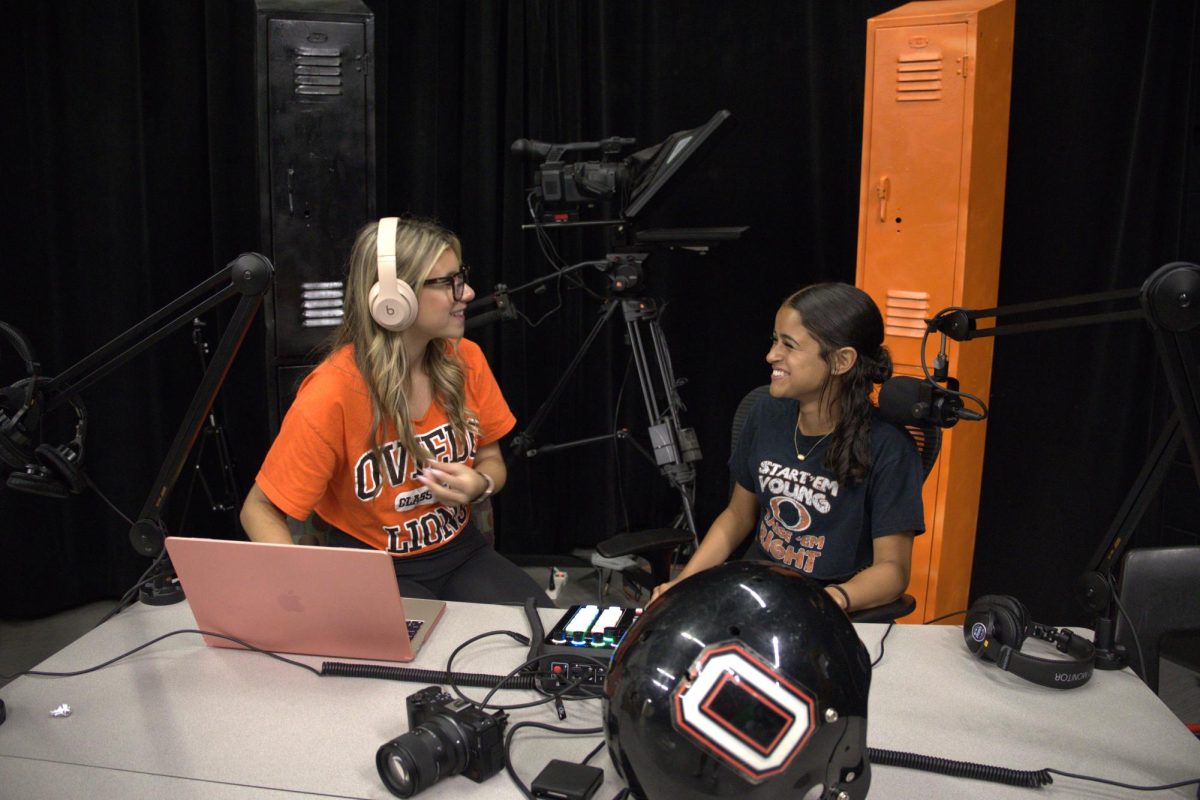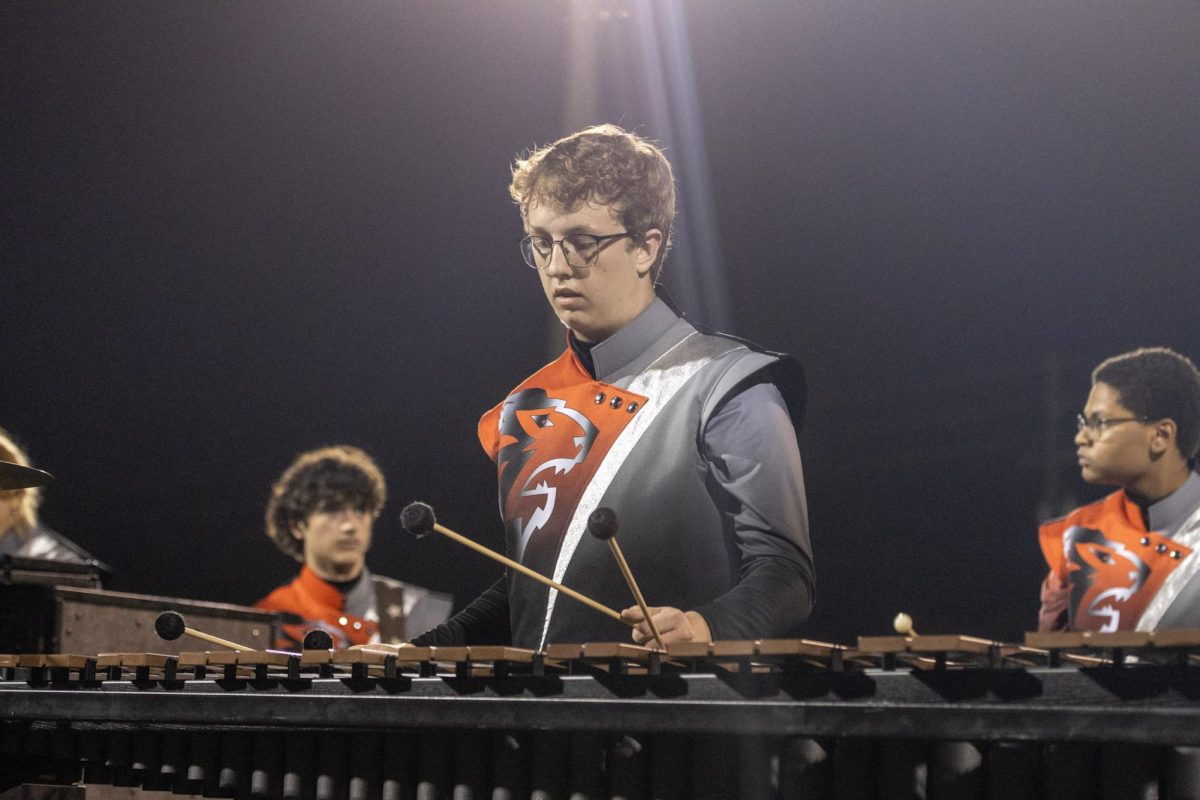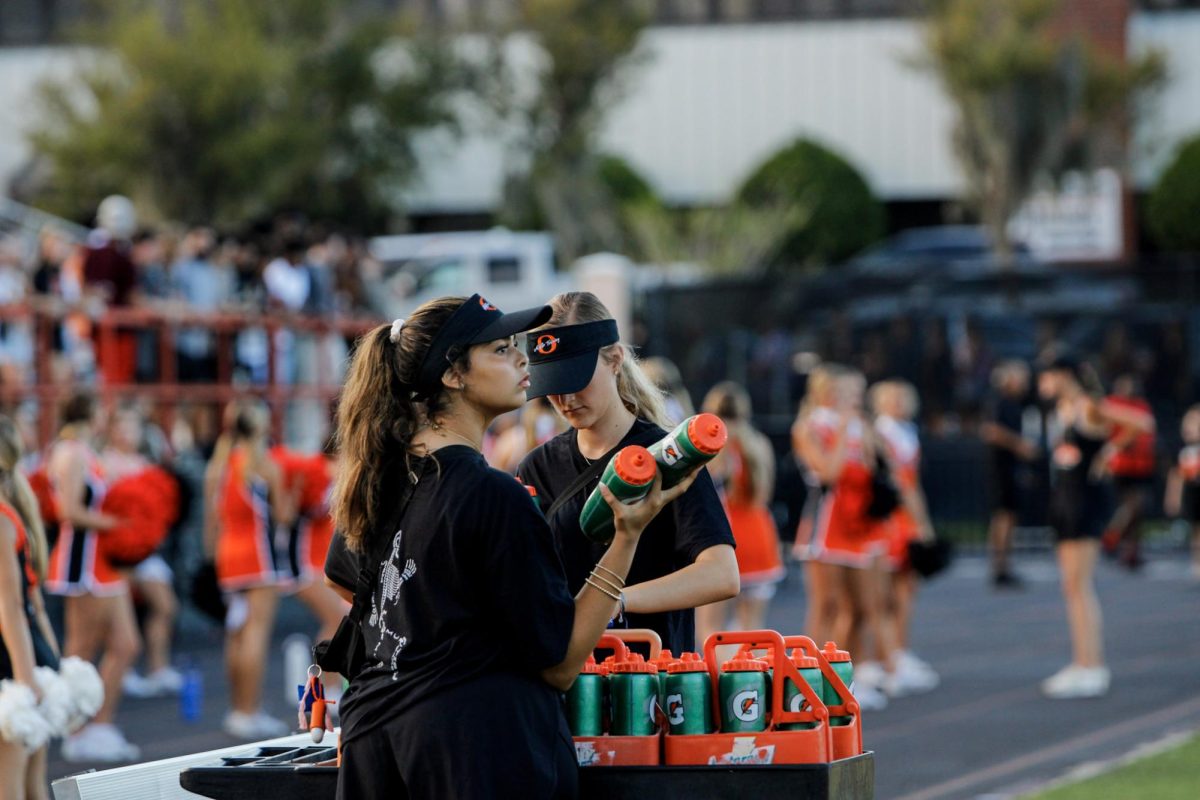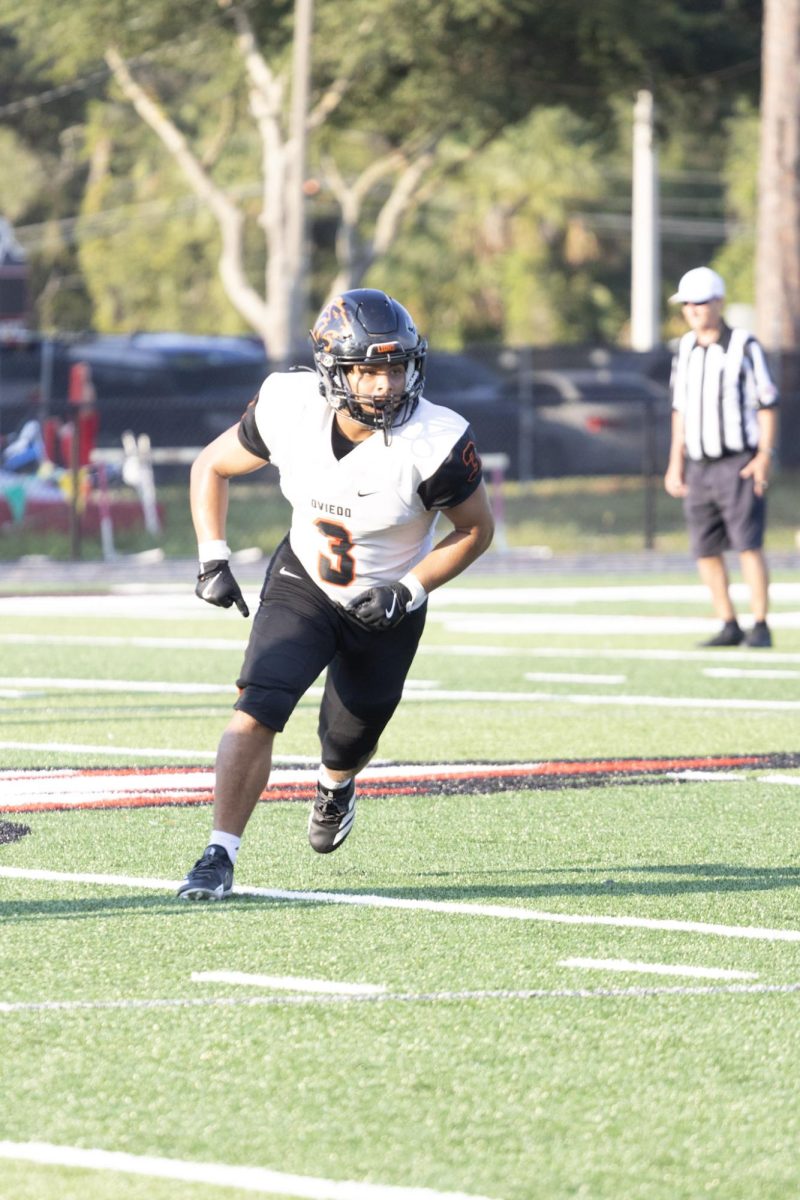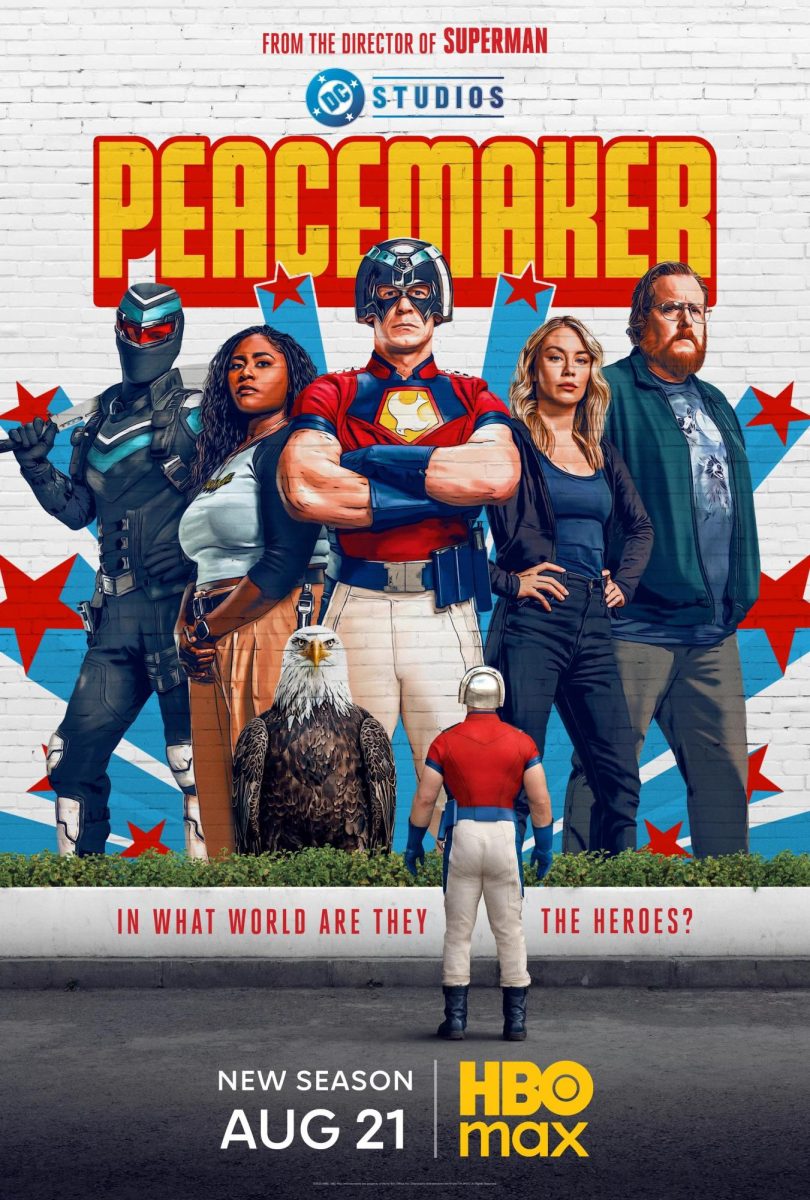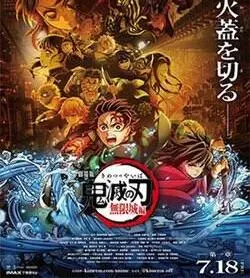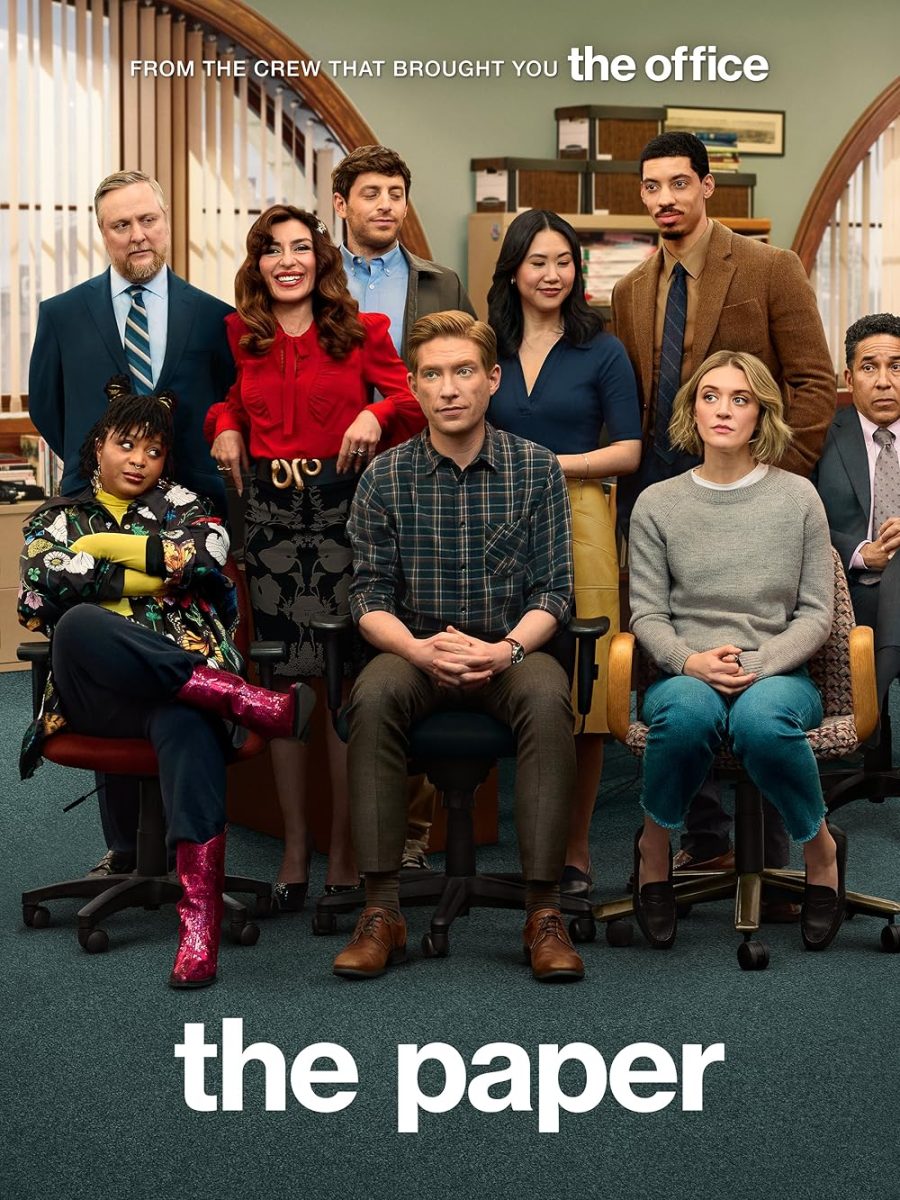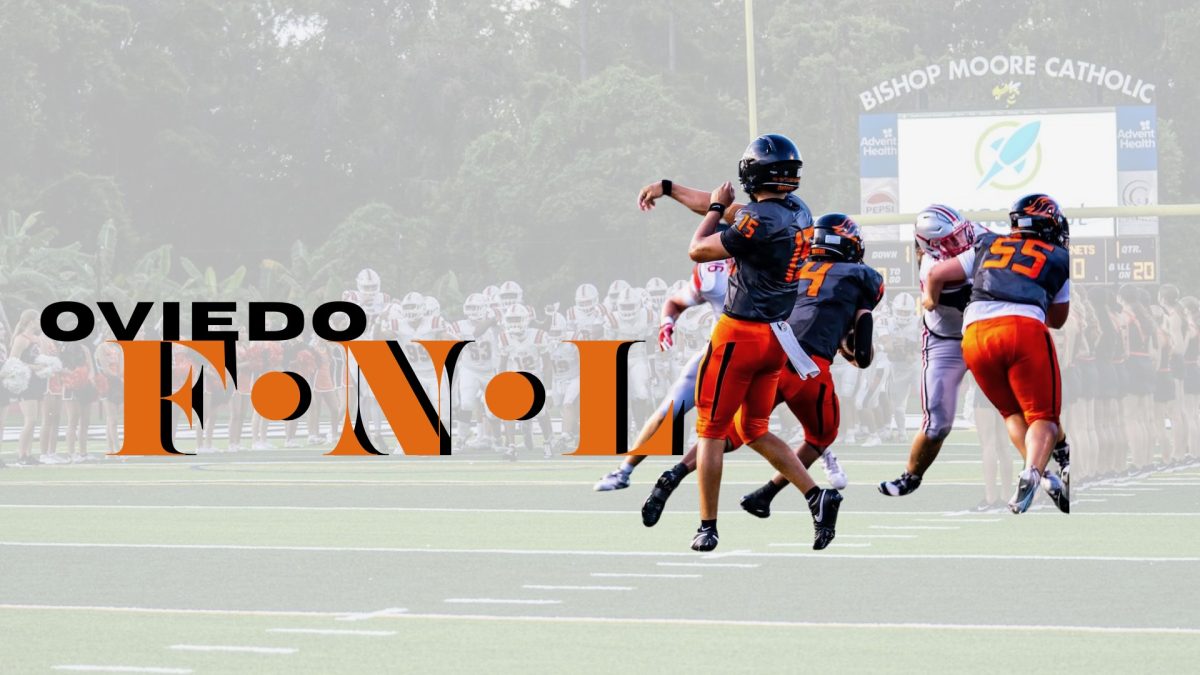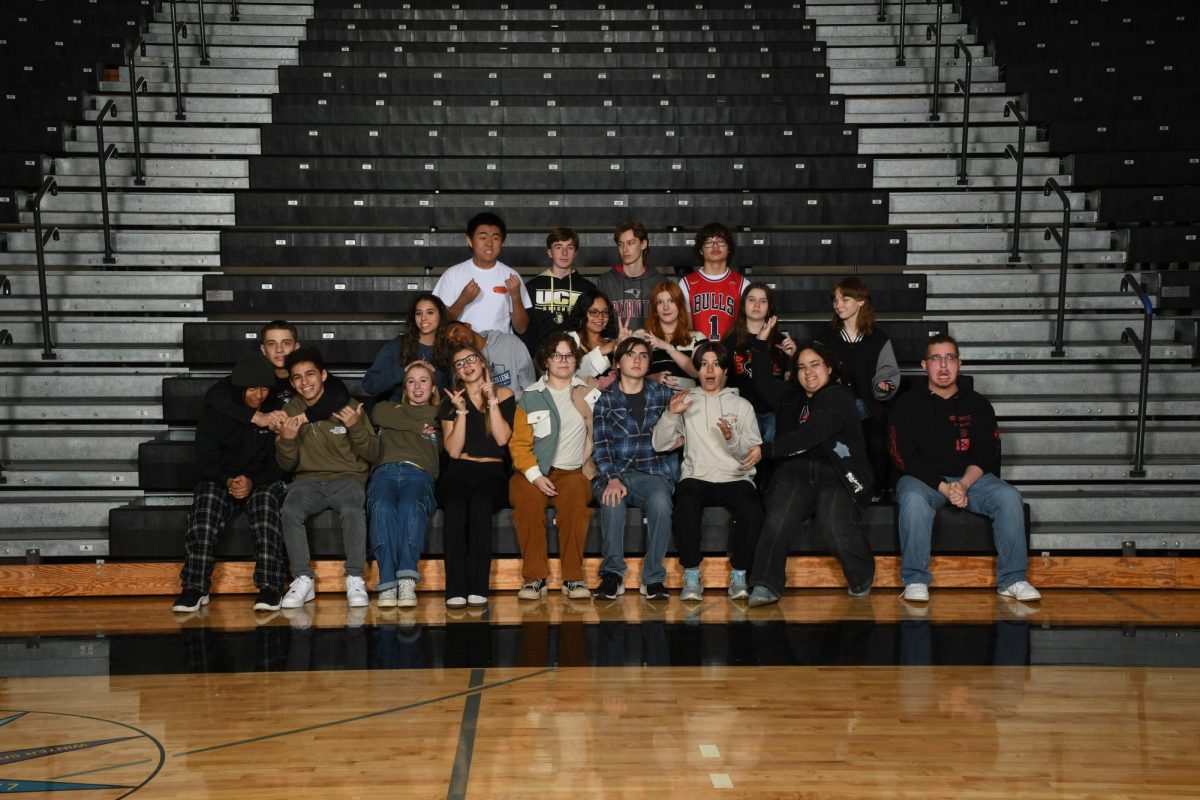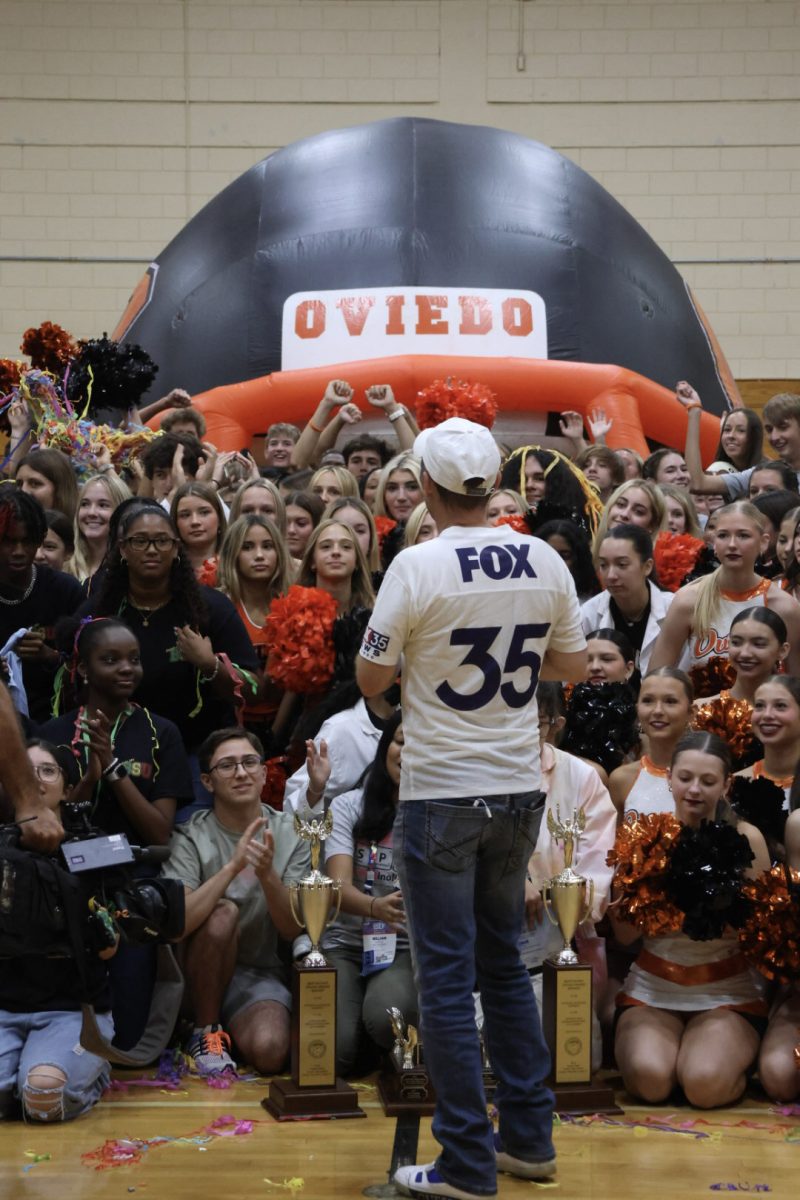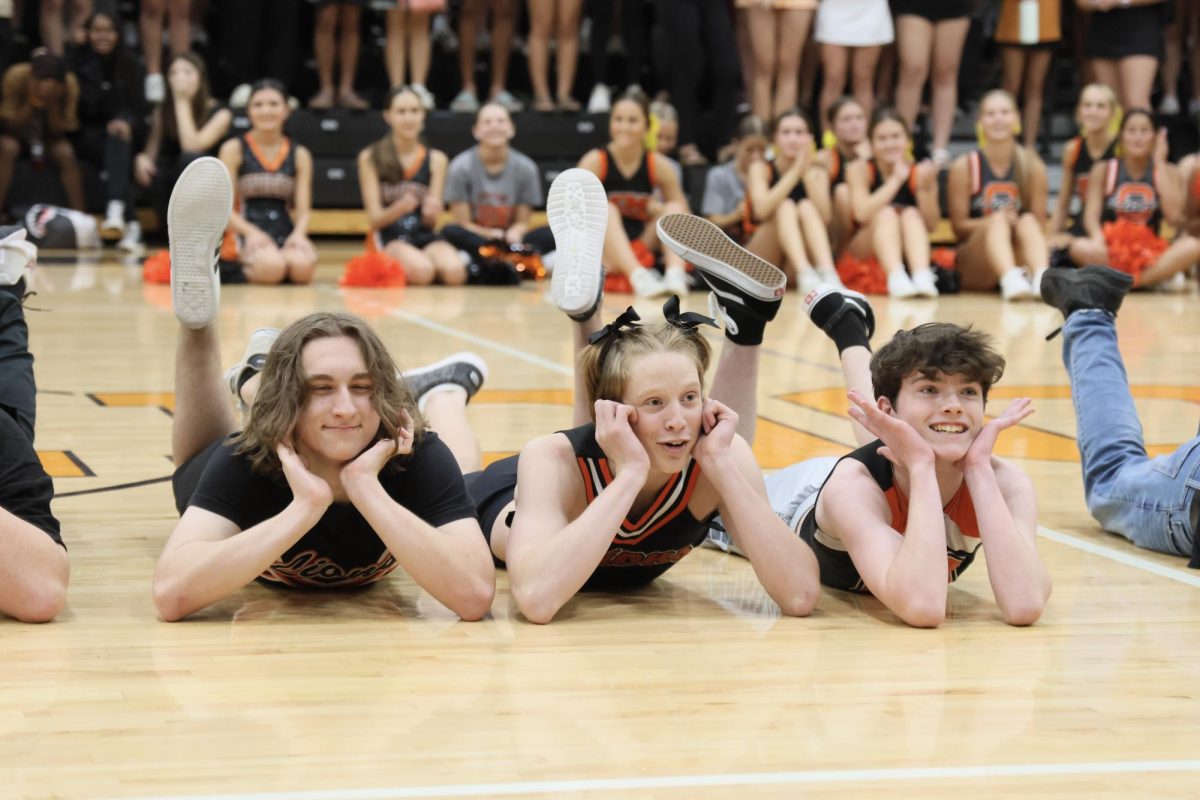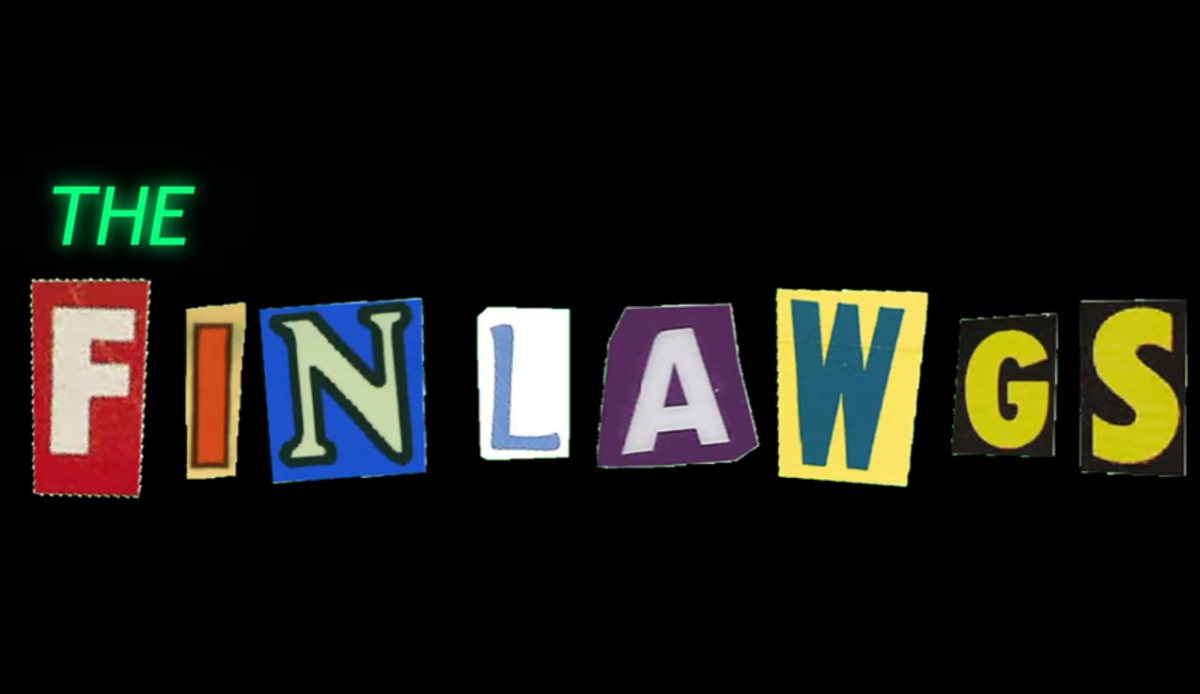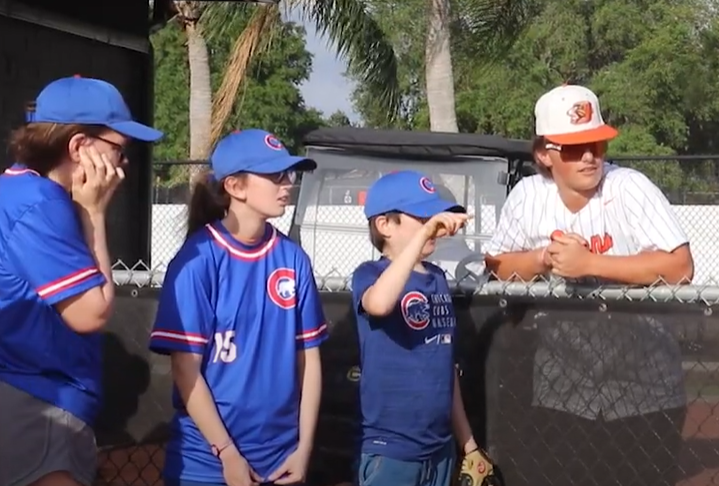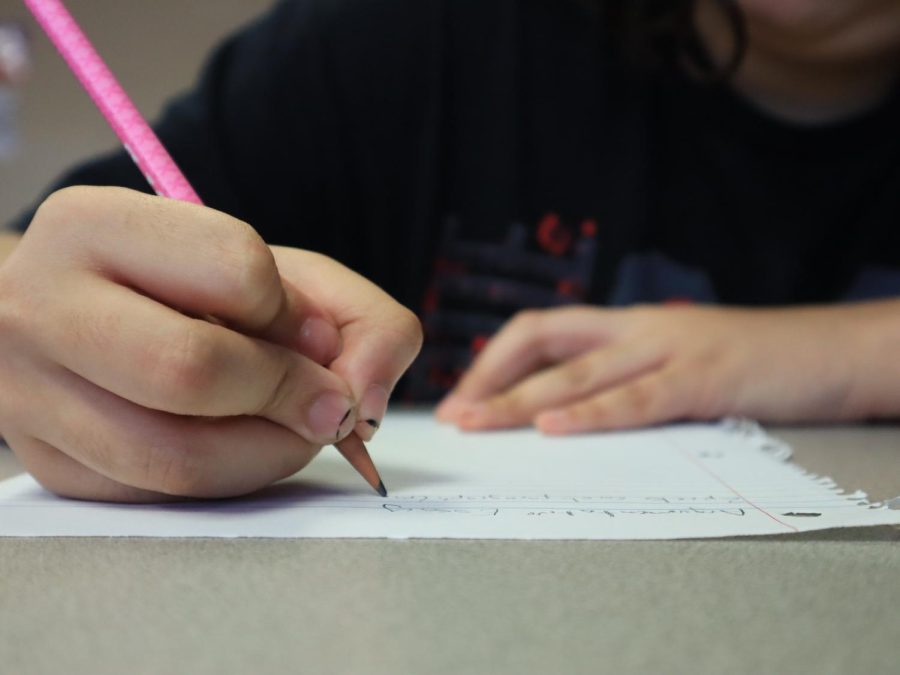Control over education is a problem
A student works on their class assignment from their teacher.
January 30, 2023
“Knowledge is power. Information is liberating. Education is the premise of progress, in every society, in every family,” Kofi Annan, a former Secretary-General of the United Nations, once famously said.
Currently, parents reserve the right to parent their child however they wish – to an extent. But does that give them the right to control how their children are educated?
The purpose of giving children education is to give them knowledge of how the world works, prepare them for life as an adult, and help them build social-emotional skills. In order to be a functioning member of society, it is important that children know everything about our world. The good, and the bad, the beauties, and the flaws, the economy, and the greed.
It is not the school’s place to give kids an opinion of something, but it is their duty to give them enough information to where they can make their own opinions about the world around them. Children reserve the right to form their own opinions, regardless of their parents’ views.
If you want your child to be religious like you are, you can introduce them to your religion, but attempting to force them into it by only teaching religious narrative is manipulative and immoral. By doing so, you’d be denying them important knowledge on how the world works, and their ability to form an opinion.
Certain issues have come up recently, like Critical Race Theory, which are heavily controversial, and many parents have been arguing over whether or not it should be taught in schools, but every student should be aware of the dangers that racism imposes on the political system, so they can make an educated decision on what they believe should be done.
When schools teach something, it doesn’t mean that they’re making the students believe it, they’re only displaying the information for the students to interpret how they want. Oftentimes, they will even make them write DBQ’s, which are essentially research based essays, asking a question about the student’s opinion on a set of data. Just because it’s taught in school.
A lot of times, people like to make the argument that if schools are only teaching “truths” then, who decides what’s true? Well, that isn’t exactly the strongest argument.
Science itself is constantly changing, and will never be the same. The things we teach today will not be true in the next hundred years, but that doesn’t mean we shouldn’t give them that information; it’s still useful whether or not it’s completely accurate. We should teach what we know.
Even if one day we discover that CRT is incorrect (a big if), it’s important to still teach people about those issues, since it teaches people about equality and the history of things in the process.




